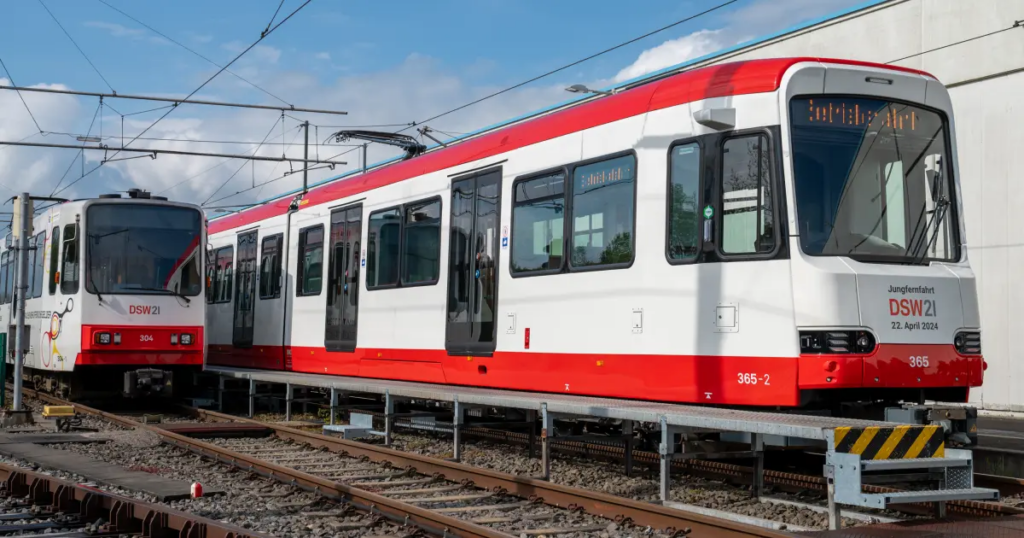
Introduction
Dortmund, a prominent city in Germany’s North Rhine-Westphalia region, holds notable significance within Europe, particularly in technology and culture. As one of the key players in the Ruhr area, Dortmund has transitioned from its historical roots as a coal and steel hub to a center for innovation, creativity, and modern living. Events in recent years highlight its evolving landscape, which is crucial for both residents and visitors alike.
Historical Background
Once a medieval trading center, Dortmund has evolved through various industrial phases. The city was instrumental in the coal and steel industries in the 19th century, which fueled economic growth and led to its rapid urbanization. Post World War II, Dortmund witnessed significant reconstruction efforts and adaptations, fostering a diverse economy characterized by technology, services, and culture.
Current Events and Developments
Recent developments highlight the city’s commitment to innovation. In 2023, Dortmund launched the ‘Digital City Initiative’, aimed at boosting its technological ecosystem. This initiative includes new partnerships with local universities and tech companies to attract talent and investment. The city’s efforts have resulted in an increase in startups and tech firms, making it an emerging tech hub in Germany.
Additionally, Dortmund continues to celebrate its cultural heritage. The annual Dortmund Festival of Light showcases the city’s architectural beauty and attracts thousands of visitors. The city is also known for its vibrant football culture, with Borussia Dortmund being one of the most successful football clubs in Germany, fostering local pride and community spirit.
Conclusion
As Dortmund adapts to contemporary challenges while honoring its rich history, the city’s trajectory appears promising. The balance between innovative growth and cultural preservation ensures that Dortmund remains an intriguing destination for tourists and a vibrant place for its residents. Moving forward, Dortmund’s ability to attract investment and talent will be crucial in reinforcing its status as a key player in Europe’s cultural and technological landscape.



